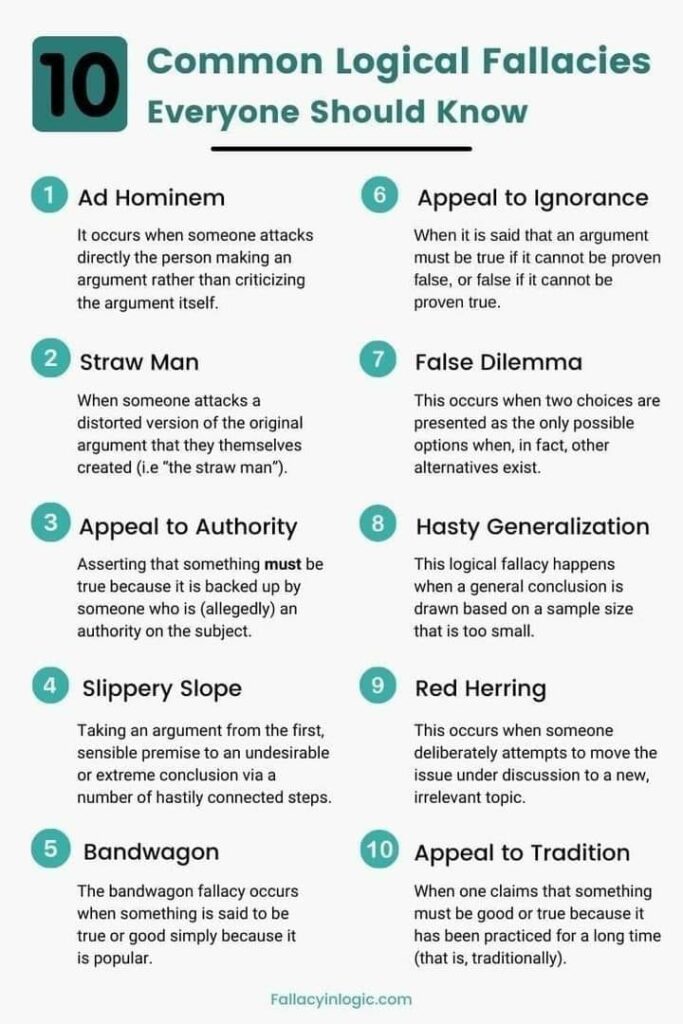Social media is a cacophony of voices, opinions, and debates. It was supposed to democratize communication, providing a network where people could have their say. But instead, to often, it’s become on one hand an addictive drug to plassify and indoctrinate people and on the other a battlefield where “bad faith” arguments thrive. This isn’t a coincidence; it’s a feature of how these platforms are designed from the last 40 years of mess making. The algorithms of the #dotcons like Reddit, Facebook, Twitter, YouTube, and their ilk, are built to prioritize engagement over truth, sensationalism over sincerity, and division over understanding. The prevalence of bad faith arguments on social media is a glaring symptom of this deeper problem, the way these platforms are fundamentally structured to reward the worst aspects of human behaviour.
Why we must act on this – a bad faith argument is not a desire to seek truth or understanding, rather to manipulate, deceive, and derail a conversation. The goal is not dialogue or progress, but to “win” the conversation to maintain dominance in the social media space. These tactics are rampant on platforms driven by metrics like shares, likes, and comments, which measure engagement but not the quality or sincerity. This mess includes straw man tactics, misrepresentation, and outright lies.
The #dotcons centralized platforms are controlled by corporate interests, built from the #deathcult, this revenue and control comes from keeping users engaged for as long as possible, usually through sensationalist content that triggers emotional responses. Outrage, fear, and anger are potent engagement tools; they make people comment, share, and return to the platform to see what happens next. Bad faith arguments are perfect for this model because they often incite strong reactions.
In this addiction economy, every comment, share, and retweet is currency. This economy thrives on polarization, controversy, and conflict. Users are encouraged to build their own “brands,” around strong opinions or divisive stances. This devalues nuanced discussions and good faith engagement, and is how bad faith arguments not only survive but thrive on these networks.
This is particularly damaging for people and movements trying to push meaningful social change to challenge the current mess. Meaningful conversations are drowned out by bad faith noise, making it easy to lose direction. People who want to build alternatives are caught up in the quagmire of defending themselves against disingenuous attacks rather than advancing the conversation and developing practical paths away from the very mess they are stuck in.
On the people to people #openweb, community-oriented path, this problem is not as bad. Decentralized, community-run spaces, offer a refuge from the dynamics of the dotcons, but this balance also needs work. This is still a side show, the reality, for many, these alternatives seem fringe or unnecessary as this mess spills over into constant nasty and exhausting social media firefights. People burn out, lose focus, and become cynical, feeding back mess to drive people to not sustain the move to the #openweb, all outcomes that benefit the status quo.
The dominance of bad faith arguments on dotcons social media is not an accident; it’s a product of platforms designed for profit and control rather than social good. The challenge for the openweb is to foster spaces where dialogue can thrive. This needs effort, both in technical development and social engagement, it requires a shift away from the toxic paths of the #dotcons and toward a more humane, decentralized, and open online and offline paths. Let’s take the first step by acknowledging the mess and then get to work composting this #OMN.

Looking at this, it’s understandable that critical voices are met with resistance for speaking plainly about the gravity of our environmental and social crises. Many people struggle with the harsh reality we are highlighting because it’s easier to maintain a hopeful or neutral stance than to confront the depths of the crisis. By addressing these issues directly, we do push people to think critically about the precarious state of the world, even if that message isn’t well-received.
The discomfort some feel in response to this pushing reflects a broader cultural tendency to avoid confronting grim truths. However, it’s often the uncomfortable truths that spur meaningful change. Acknowledging the severity of environmental breakdown, rising authoritarianism, and fascism is crucial to forming strategies that can address them. In essence, this message challenges the status quo, which is why it’s met with resistance, but it’s that very challenge that grows a much-needed awakening in others. Let’s keep pushing for that realism; it’s part of the solution.